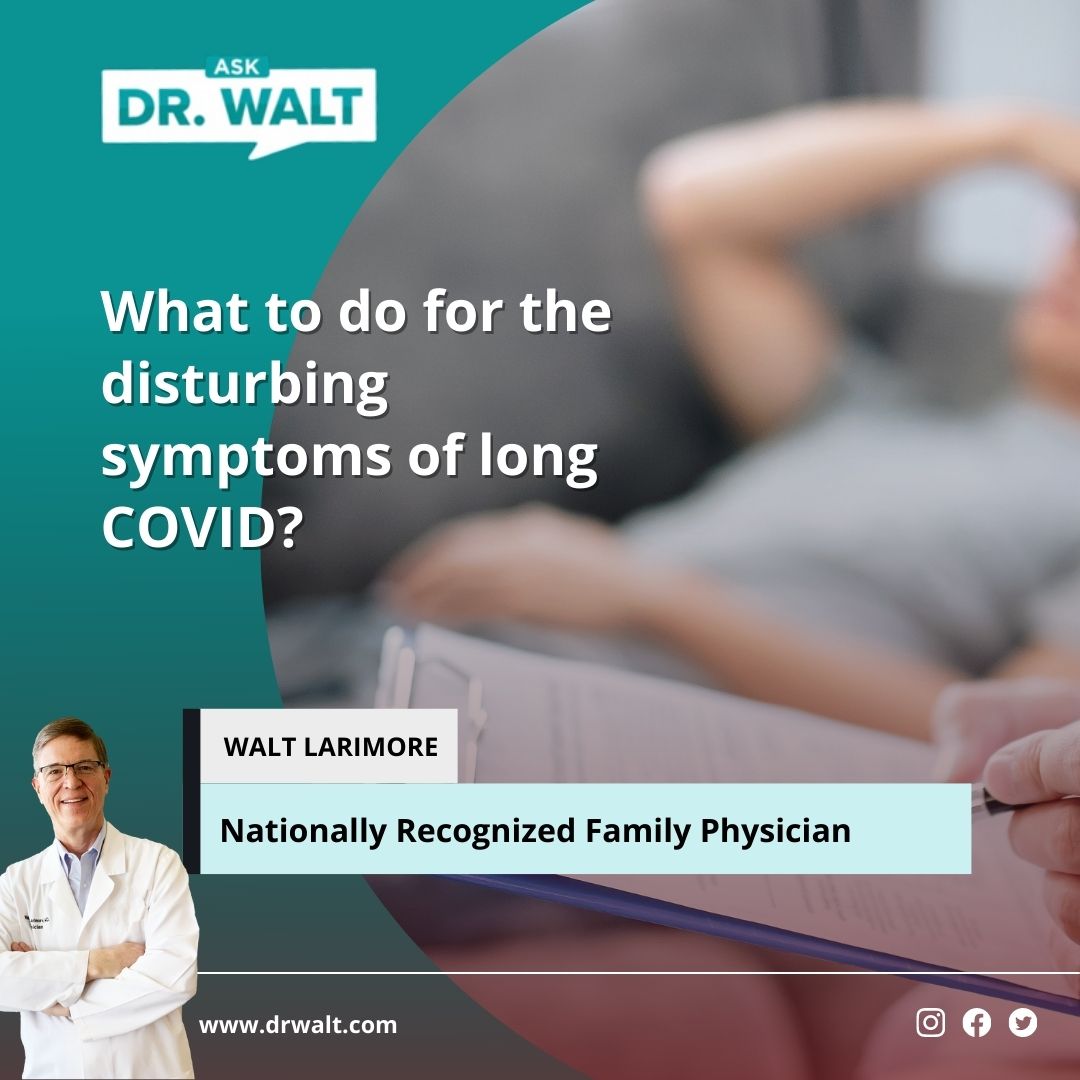
COVID Booster advice keeps changing so here’s how to figure out what you should do
March 9, 2022
What to do for the disturbing symptoms of long COVID?
March 11, 2022My patients are often surprised to learn that better sleep, along with exercise and good nutrition, helps with weight loss.
A new study published in JAMA Internal Medicine confirms this. The researchers wrote, “Short sleep duration has been recognized as a risk factor for obesity. Whether extending sleep duration may mitigate this risk remains unknown.”
The researchers found that study participants who were assigned to sleep longer lost weight, while those in the control group saw a weight gain.
“Over the years, we and others have shown that sleep restriction has an effect on appetite regulation that leads to increased food intake, and thus puts you at risk for weight gain over time,” Esra Tasali, MD, the director of the UChicago Sleep Center, said in a press release.
“More recently, the question that everyone was asking was, ‘Well, if this is what happens with sleep loss, can we extend sleep and reverse some of these adverse outcomes?’”
Tasali and colleagues conducted a randomized clinical trial in which the participants — 80 adults who were overweight and usually slept fewer than 6.5 hours a night — followed their normal sleep pattern for 2 weeks. The participants were then randomly assigned to either sleep 2 more hours than they normally did (intervention group) or continue with their normal sleep pattern (control group) for another 2 weeks.
“Most other studies on this topic in labs are short-lived, for a couple of days, and food intake is measured by how much participants consume from an offered diet,” Tasali said. “In our study, we only manipulated sleep and had the participants eat whatever they wanted, with no food logging or anything else to track their nutrition by themselves.”
The researchers reported that after only 2 weeks, the intervention group slept approximately 1.2 hours longer per night than the control group.
The intervention group also experienced a significant decrease in daily energy intake compared with the control group.
Participants in the intervention group experienced a statistically significant weight reduction. Conversely, from baseline, the control group experienced a weight gain.
“In our earlier work, we understood that sleep is important for appetite regulation,” Tasali said in the release. “Now we have shown that in real life, without making any other lifestyle changes, you can extend your sleep and eat fewer calories. This could really help people trying to lose weight.”
© Copyright WLL, INC. 2022. This blog provides healthcare tips and advice that you can trust about a wide variety of general health information only and is not intended to be a substitute for professional medical advice, diagnosis, or treatment from your regular physician. If you are concerned about your health, take what you learn from this blog and meet with your personal doctor to discuss your concerns.



